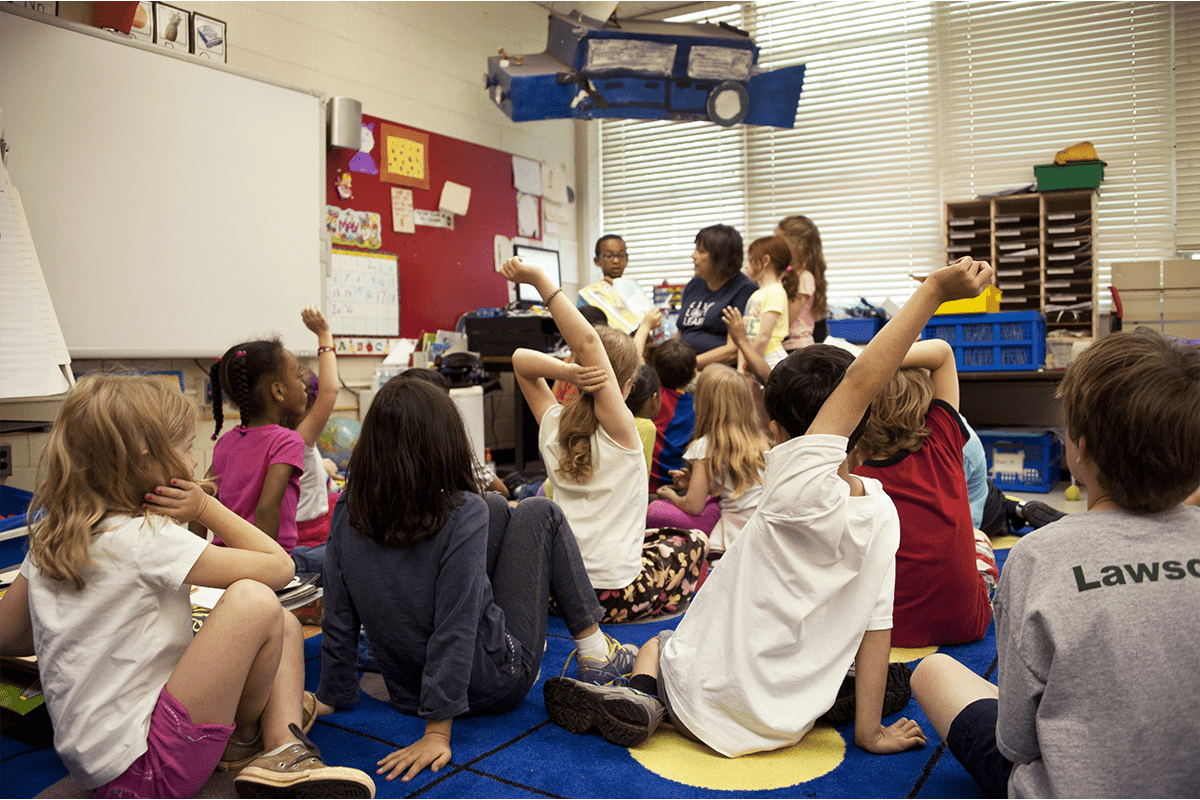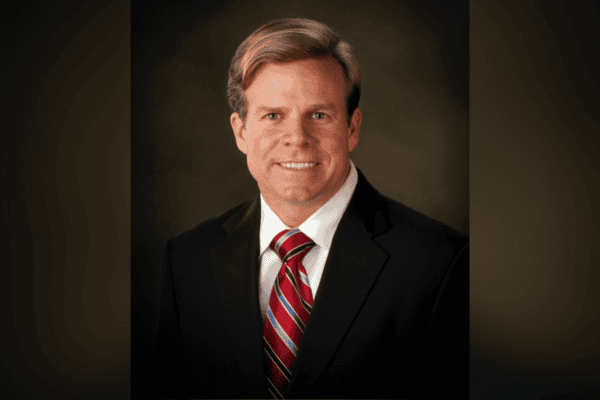PreK-8 gender teachings ban, pronoun restriction bill goes to DeSantis

Lydia Nusbaum contributed to this report.
TALLAHASSEE, Fla. (FLV) – The Florida Senate gave final passage to a bill that prohibits school teachers from teaching sexual orientation or gender identity from grades PreK-8.
It will now move to Gov. Ron DeSantis for his signature.
The bill expands the Parental Rights in Education Act, falsely called “Don’t Say Gay,” which banned gender teachings in K-3 grades.
The legislation also puts restrictions on pronoun uses in schools, defines “sex,” and adds guidelines for books citizens are challenging in schools.
It passed through the Senate 27-12 and was carried by Sen. Clay Yarborough, R-Jacksonville.
“The things that we are talking about in this bill are real. It is real that we are introducing a very adult agenda to children at a young age that is frankly completely inappropriate,” Sen. Erin Grall, R-Fort Pierce, said.
The House previously combined HB 1069, sponsored by Rep. Stan McClain, R-Ocala, and HB 1223, sponsored by Rep. Adam Anderson, R-Palm Harbor. The House version passed by a vote of 77-35.
The bill extends the existing K-3 ban on instruction relating to sexual orientation and gender identity to also include PreK-8. Charter schools must comply with this requirement.
In grades 9-12, the bill requires that instruction on sexual orientation and gender identity must be age-appropriate or developmentally appropriate for students.
The bill defines “sex” as the classification of a person as either female or male based on the organization of the body of such person for a specific reproductive role, as indicated by the person’s sex chromosomes, naturally occurring sex hormones, along with internal and external genitalia present at birth.
It would also prohibit a school from requiring that an employee or student, as a condition of employment or enrollment or participation in any program, refer to another person by a pronoun that does not correspond to that person’s sex.
The bill text said an employee or contractor of a public K-12 educational institution may not provide their preferred pronouns to a student.
A student may not be asked by an employee or contractor of a public K-12 educational institution to provide his or her preferred personal title or pronouns or be penalized or subjected to adverse or discriminatory treatment for not providing his or her preferred personal title or pronouns.
Democrat Tina Polsky, D-Boca Raton, said it is not a problem for teachers to call students by a preferred pronoun.
“That teacher has to get over him or herself if it really is a problem,” Polsky said. “The other students have to get over themselves.”
Instructional Materials
The bill continues Florida’s efforts to increase transparency of a school district’s instructional and specific materials adoption processes and empower parents control of their children’s education.
The bill increases school district transparency and accountability for selecting and using instructional materials and library materials by requiring that district school boards be responsible for the contents of classroom libraries, in addition to instructional materials and school libraries.
Any specific materials subject to an objection on the basis that the materials are pornographic, harmful to minors, or describe or depict sexual conduct must be removed from circulation at the school where the objection was made, within 5 days of the objection, until the completion of the objection process.
Sen. Blaise Ingoglia, R-Spring Hill, called the “book banning” narrative a “ridiculous argument.”
“Have there been some books that have been pulled off of the shelves because there was something indecent in there, one or two lines, buried in 200 pages? It’s possible,” Ingoglia said. “But that’s not what we’re talking about. That is a disingenuous argument to, quite frankly, apologize for the pornographic materials in our schools.”
Polsky did not agree with a county resident being allowed to bring forth “unlimited complaints” about books.
“The fact that I as a parent, and anyone else who’s testifying, are suggesting books don’t belong in school libraries or classroom libraries, is not qualified to make the decision like a school librarian, or the teacher of those students,” Polsky said.
Committees convened by a school district to review and make recommendations related to the adoption of instructional materials must include parents of students that will have access to the materials being reviewed.
All meetings of such committees must be publicly noticed and open to the public.
The bill creates an appeals process for a parent that disagrees with the school board’s determination on his or her objection.



